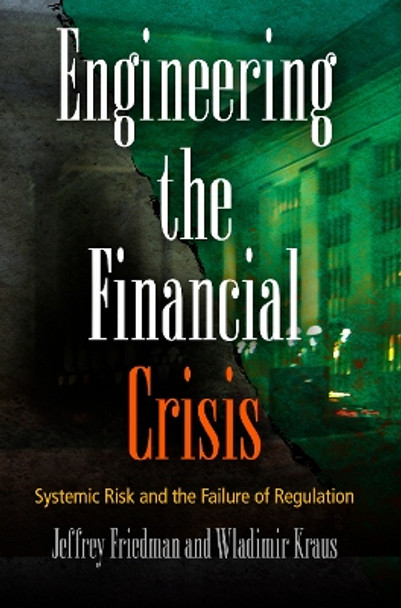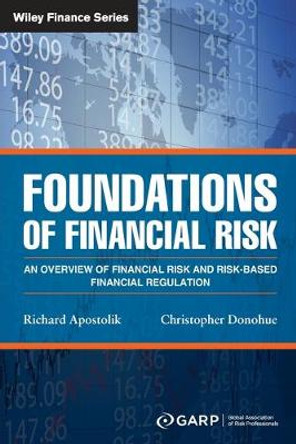Description
The financial crisis has been blamed on reckless bankers, irrational exuberance, government support of mortgages for the poor, financial deregulation, and expansionary monetary policy. Specialists in banking, however, tell a story with less emotional resonance but a better correspondence to the evidence: the crisis was sparked by the international regulatory accords on bank capital levels, the Basel Accords.
In one of the first studies critically to examine the Basel Accords, Engineering the Financial Crisis reveals the crucial role that bank capital requirements and other government regulations played in the recent financial crisis. Jeffrey Friedman and Wladimir Kraus argue that by encouraging banks to invest in highly rated mortgage-backed bonds, the Basel Accords created an overconcentration of risk in the banking industry. In addition, accounting regulations required banks to reduce lending if the temporary market value of these bonds declined, as they did in 2007 and 2008 during the panic over subprime mortgage defaults.
The book begins by assessing leading theories about the crisis-deregulation, bank compensation practices, excessive leverage, "too big to fail," and Fannie Mae and Freddie Mac-and, through careful evidentiary scrutiny, debunks much of the conventional wisdom about what went wrong. It then discusses the Basel Accords and how they contributed to systemic risk. Finally, it presents an analysis of social-science expertise and the fallibility of economists and regulators. Engagingly written, theoretically inventive, yet empirically grounded, Engineering the Financial Crisis is a timely examination of the unintended-and sometimes disastrous-effects of regulation on complex economies.
This study examines the role of the Basel Accords-a set of international standards regulating bank capital-in the global financial crisis. It argues that because the accords were so widely adopted, they effectively homogenized the banking industry, increasing the systemic risk they were intended to prevent.
About the Author
Jeffrey Friedman is a visiting scholar in the Department of Government at the University of Texas, Austin. He is the editor of What Caused the Financial Crisis, also available from the University of Pennsylvania Press, and editor of the journal Critical Review. Wladimir Kraus is a doctoral candidate in economics at Universite Paul Cezanne Aix-Marseille and associate editor of Critical Review. Together, Friedman and Kraus maintain Causes of the Crisis, a blog that publishes updated information about the financial crisis.
Reviews
"This book argues that the incentive distortions of bank capital-adequacy regulations were the proximate cause of the 2007 financial crisis. The systemic instability that followed was fueled by blind-sided experts who perpetuated the myths of too-big-to-fail and overcompensated corporate managers. A serious read for those struggling to make sense of the worst crisis since the Depression." * Vernon Smith, 2002 Nobel Laureate in Economics *
"An excellent conceptual book on the financial crisis, full of deep research and intellectual honesty." * Tyler Cowen, Marginal Revolution *
"For anyone wanting to read only a single book about the crisis and its origins, this is the book to read." * Choice *
"Jeffrey Friedman and Wladimir Kraus distinguish themselves by presenting the most systematic and rigorously argued empirical analysis of the crash to date." * Perspectives on Politics *
"While this is the single best book on the financial crisis, it also offers an outstanding analysis of decision making in modern regulatory states." * Samuel DeCanio, Yale University *
"If you thought you understood the causes of the financial crisis, think again. This thought-provoking exploration of the financial crisis provides a convincing argument that much of what we thought we knew about the crisis is, at best, misleading. In thinking about the cause, much more focus needs to be given to ignorance on everyone's part, and models that don't include ignorance will be, at best, incomplete. Ignorance of the importance of ignorance is a sign of ignorance." * David Colander, Middlebury College *
Book Information
ISBN 9780812243574
Author Jeffrey Friedman
Format Hardback
Page Count 224
Imprint University of Pennsylvania Press
Publisher University of Pennsylvania Press







